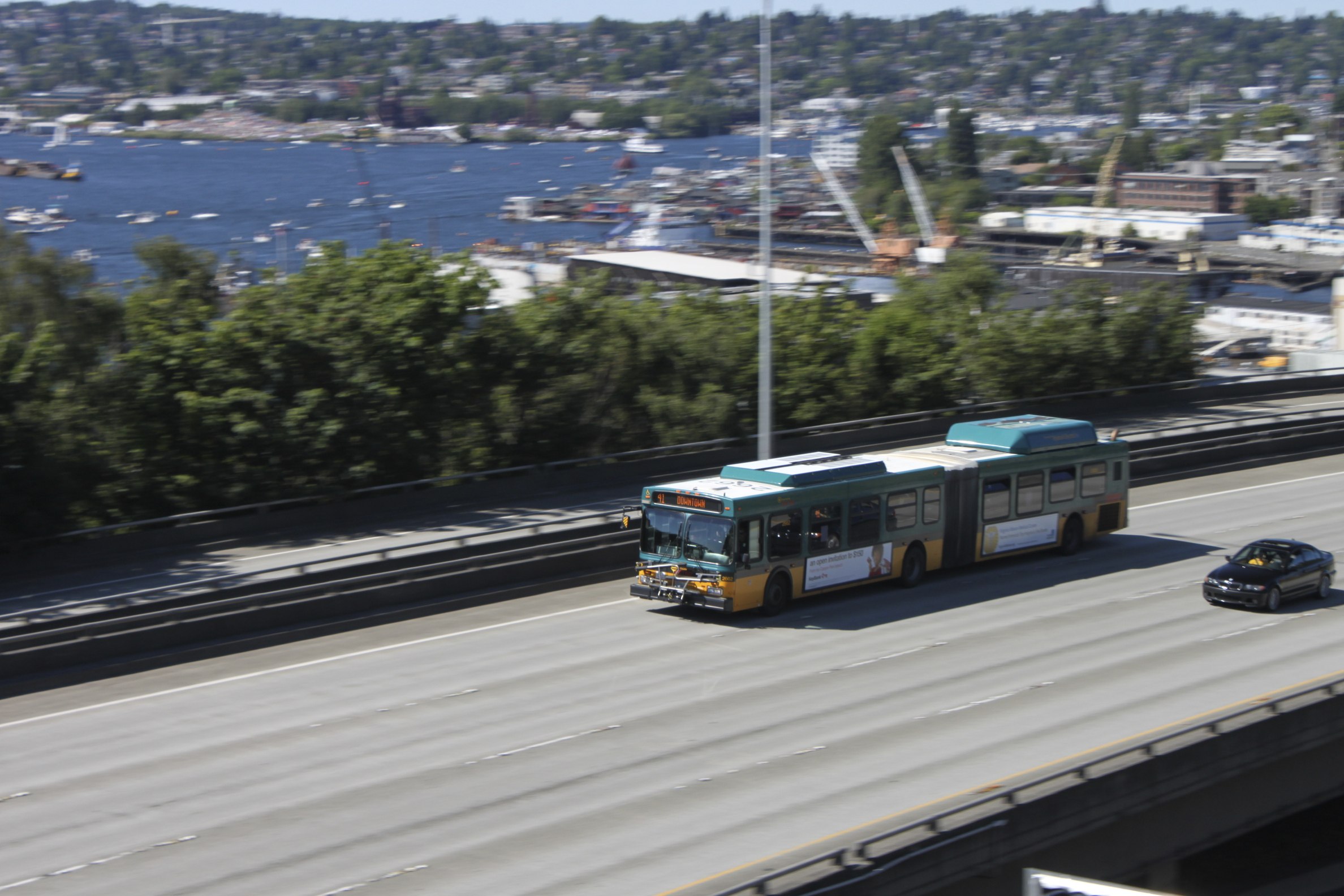
Less driving is possible
Residents of several states and cities have driven fewer miles on average in recent years than they did two decades ago. This decline suggests that Americans’ high levels of driving are not inevitable.
Residents of several states and cities have driven fewer miles on average in recent years than they did two decades ago. This decline suggests that Americans’ high levels of driving are not inevitable.
As people look for alternatives to dirty transportation and new ways to get outside, many have turned to electric-powered-bicycles. Across the country, programs allowing e-bikes to be more readily accessible have shown promise in making the goal of free and clean transport a reality.
A need to connect with nature is hardwired into us as human beings. As we march towards an increasingly urbanized future, the task of forging the right relationship between the built environment and the natural one is an ever more pressing priority.
Acknowledging that vehicle travel is not destined to continue growing rapidly forever – and, more audaciously, suggesting that a new generation of Americans might prefer less car-dominated lives – can drive policymakers and the public to have a different kind of conversation about our transportation future.
How, in the middle of a climate crisis, does it make sense to make driving artificially cheap by refusing to charge drivers the full cost it imposes on society? And how can subsidizing driving be considered “just” when it threatens the futures not only of people with far fewer resources around the world, but also future generations, who don’t have a say in the matter at all?
Even if a discounted rail pass isn’t enough to get American youth to fall in love with trains, it may just help them to fall in love with America.
Associate Director and Senior Policy Analyst, Frontier Group
Policy Analyst, Frontier Group
